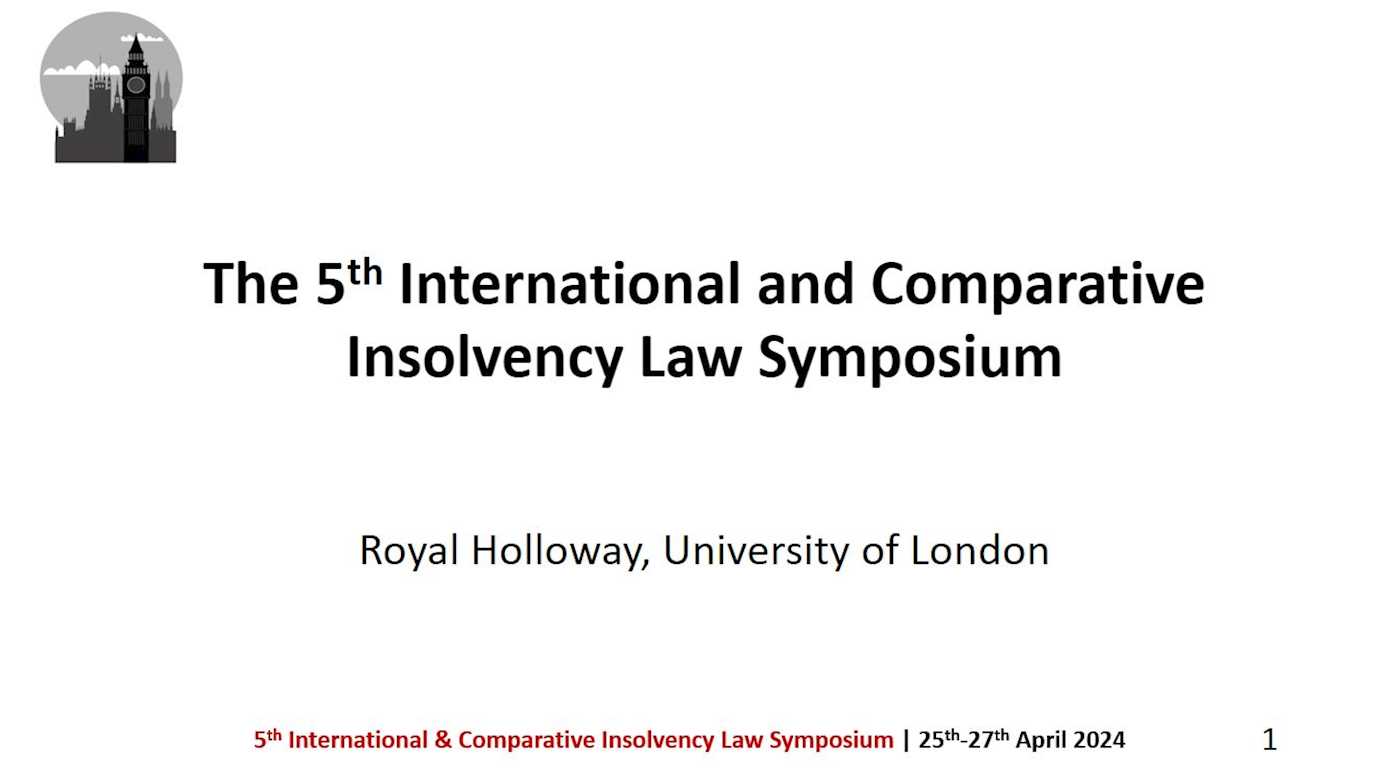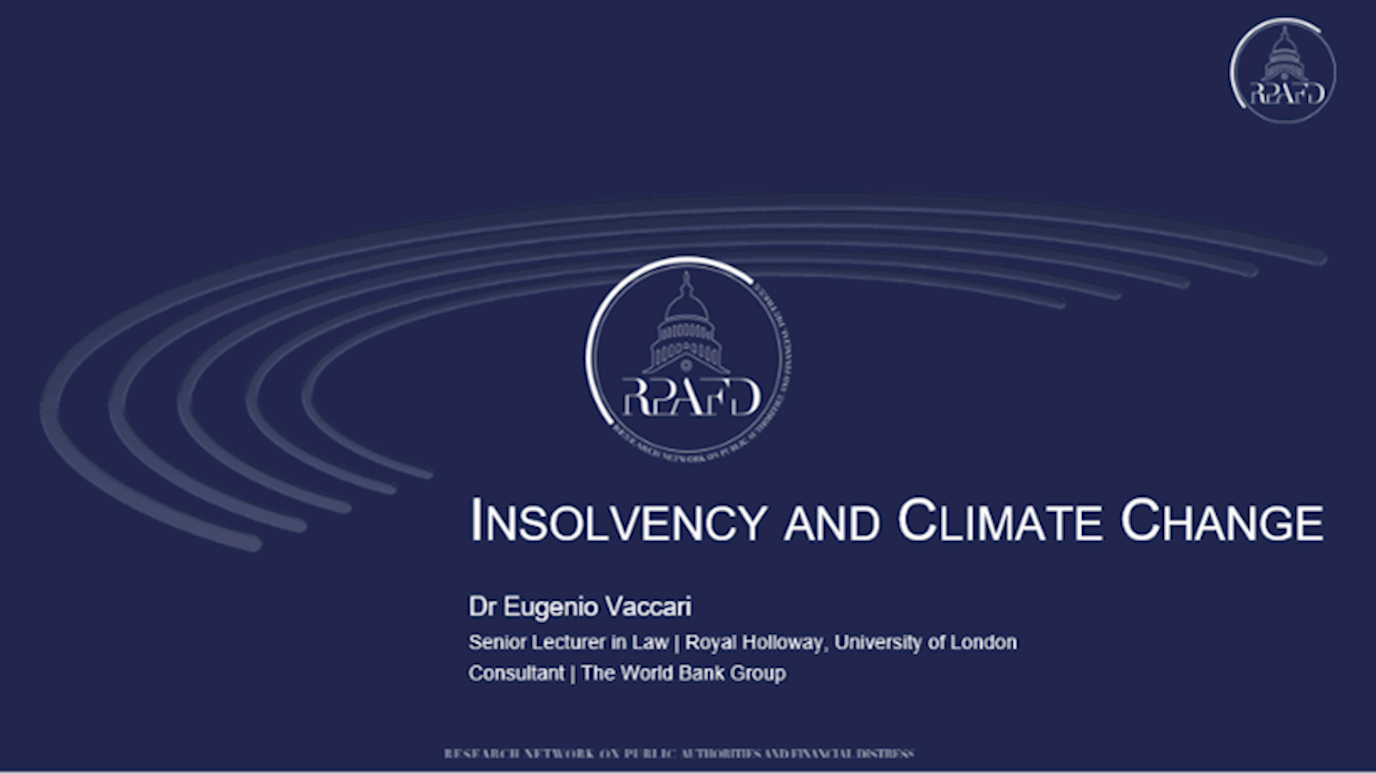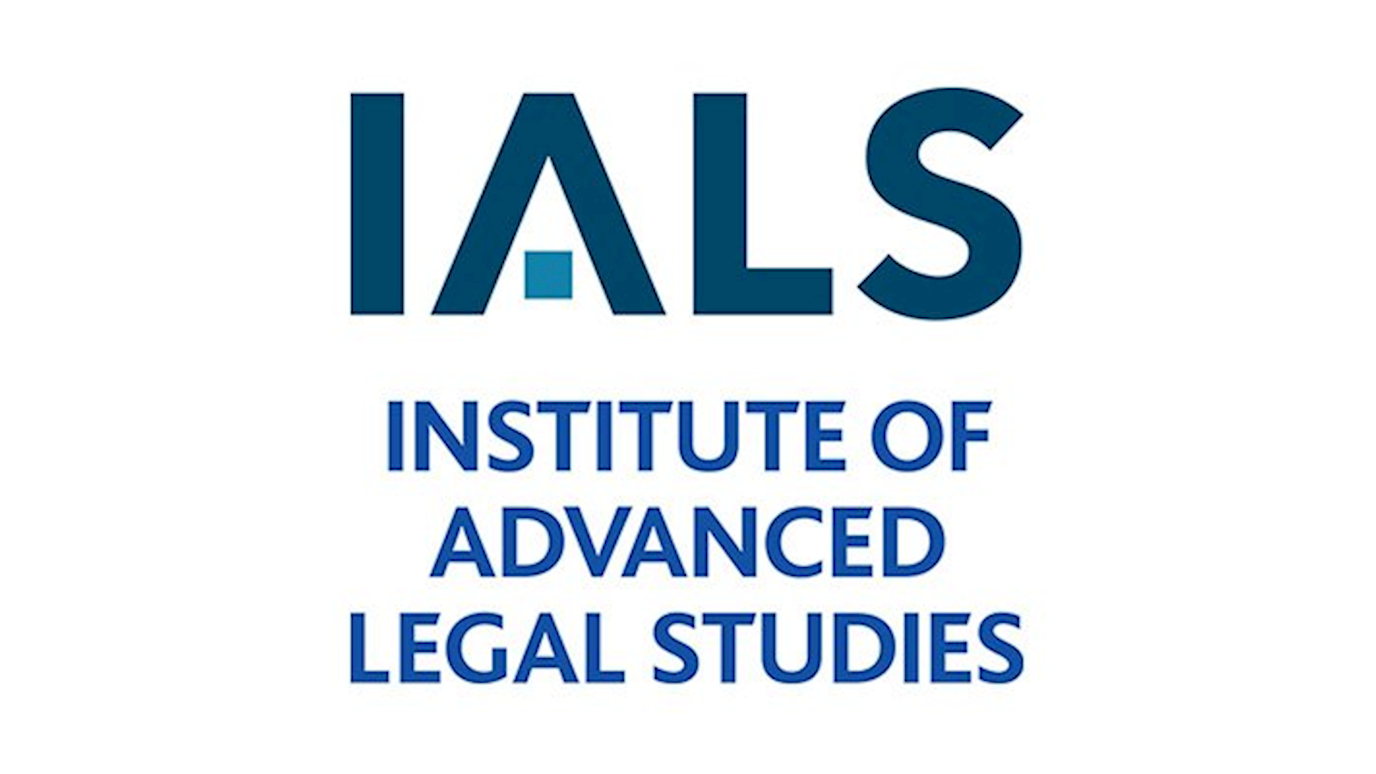The panel explores the relationship between Digital Humanities (DH) and open research principles. Representing the perspectives of researchers and practitioners, research infrastructures, and data journals, panel members share their experience about the challenges and opportunities of open data publishing in the Humanities and invite a discussion about the way forward.

Dr Marton Ribary is leading a project with colleagues from different sectors of the open research community to explore the relationship between Digital Humanities (DH) and open research principles. He conducts research according to open research principles and works as an associate editor of a data-focused journal in the humanities (Journal of Open Humanities Data (JOHD)). He also conducts scientometric research which focuses on the role of data papers in the open research pipeline and how they boost the overall impact of research efforts conceived in the spirit of open research. Marton organised and proposed the current roundtable panel to the highly competitive SciDataCon conference to be held as part of the International Data Week in Salzburg between 23-26 October 2023. Having gone through a rigorous expert peer-review process, the roundtable was selected as one of few to be featured in the SciDataCon programme. In Salzburg, Marton will be representing JOHD as well as RHUL’s Open Research team with whom he has established an informal relationship. Below is the description of the roundtable panel.
***
All Digital Humanities (DH) researchers would agree that open data publishing and accurate data citation are important. Yet all of them are likely to have come across projects, sometimes their own, where these goals are not fully met. This roundtable panel argues that the reason is not the DH researchers’ lack of commitment to the values of open research or their lack of technical skills: it is not their sole responsibility to fly the flag of open research. Rather we should look at open data publishing as an ecosystem with different actors who all need adequate support. Apart from the researchers who produce, (re)use and review published data, journals and research infrastructures play a fundamental, yet often overlooked role. All things have to click in place for the ecosystem to work properly. A dataset’s journey starts with the researchers who produce it, but in order to reach other researchers, a dataset needs to be deposited and maintained in infrastructures that keep it accessible and discoverable, and to be reviewed for and described in journal papers that introduce the dataset to the research community. This panel brings together researchers and practitioners in DH, research infrastructures, and data journals to initiate a discussion about best practices and possible changes for the future of data sharing and publishing.
In short ice-breaker presentations, panel members follow a dataset’s journey from production via research infrastructures to journals. Jakob Lenardič and Darja Fišer talk about common obstacles with data citation based on a case study of Slovenian linguistic research and they will point to the scope and principles of the CLARIN.SI infrastructure. Francesca Frontini talks about the methods and initiatives of the disciplinary and generalistic (institutional) repositories in the CLARIN network and she addresses the issues of citation tracking and impact. Nicolas Larrousse talks about the prerequisites of sustainable citation and high-quality descriptive metadata which link data to publication outputs with measurable impact. Barbara McGillivray and Marton Ribary share their experience as editors of the Journal of Open Humanities Data and their work on measuring the contribution of data papers to the overall impact of research. Youngim Jung and Hyekyong Hwang bring a global perspective to the discussion by talking about awareness, experience and willingness toward data publishing in the different scientific fields with special consideration to supporting Digital Humanities in South Korea.
Closing the loop of open data publishing in Digital Humanities, panel members invite a discussion about what support researchers and practitioners in DH could benefit from, in what form such support could be provided, and how we could create a well-functioning and sustainable open data publishing ecosystem.
























